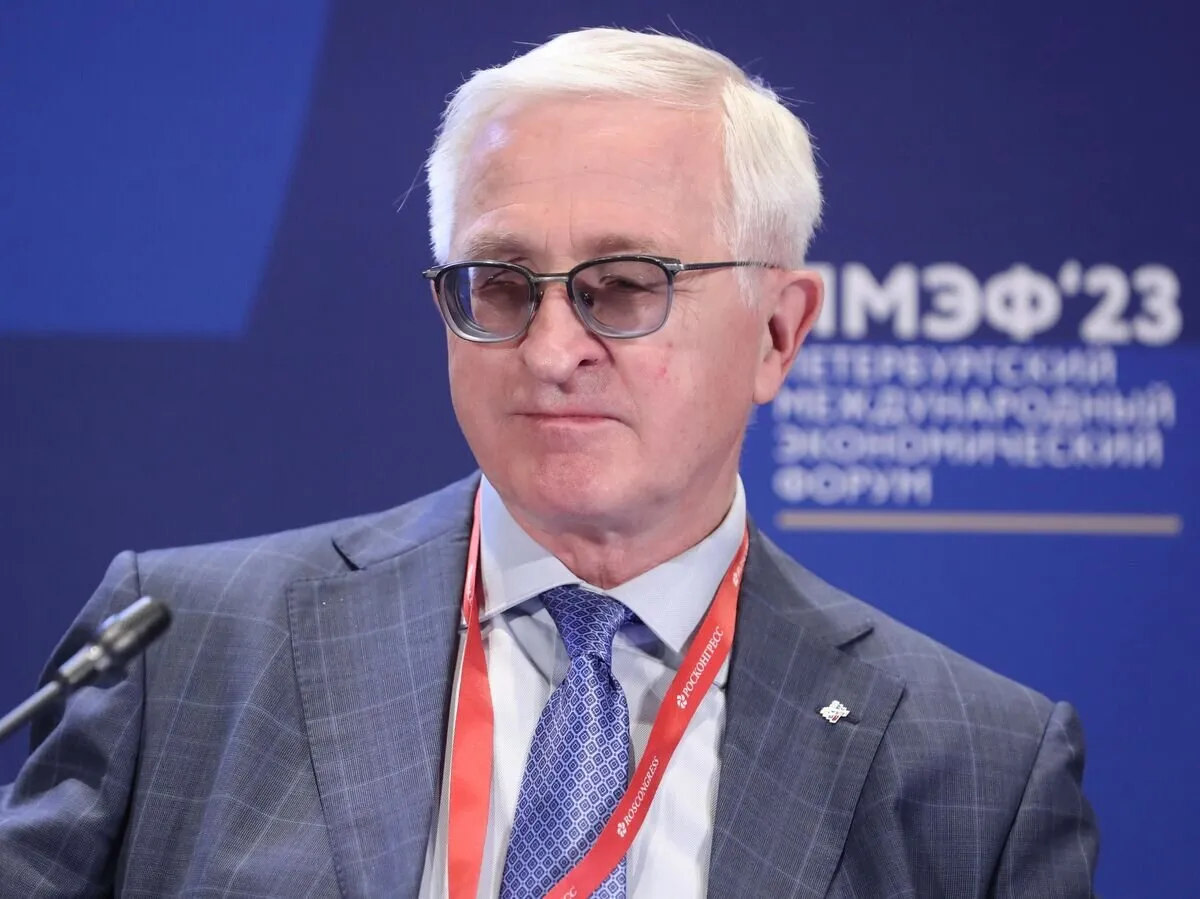Russia Pushes Industry 4.0 into an AI-Driven Era
Artificial intelligence is no longer an experimental add-on for Russian manufacturers — it is becoming a mandatory layer of industrial infrastructure.
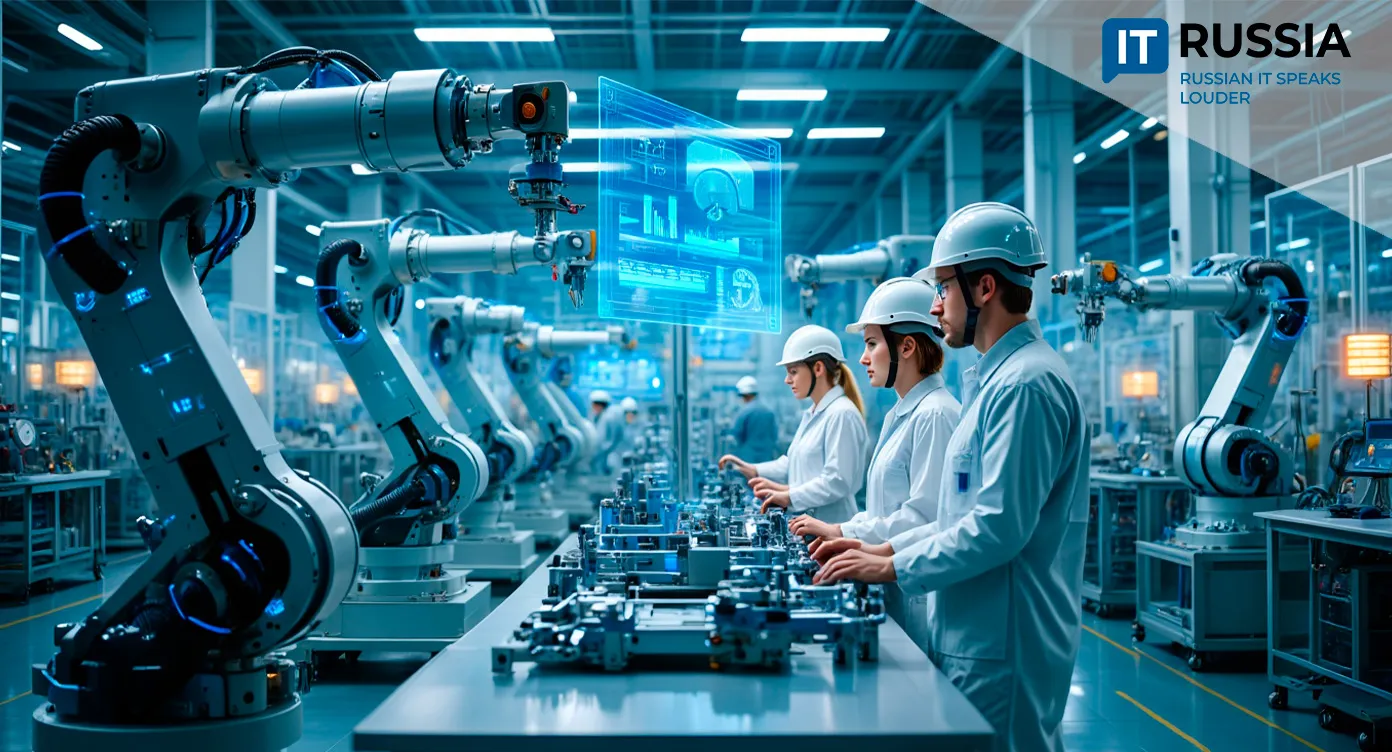
AI Becomes the New Industrial Baseline
Speaking at the Verona Eurasian Economic Forum, Alexander Shokhin, President of the Russian Union of Industrialists and Entrepreneurs (RSPP), marked a turning point for the country’s manufacturing sector: within the next few years, more than 70% of Russian industrial enterprises are expected to adopt AI systems.
His statement was not a hypothetical forecast but a strategic signal from one of the key figures shaping Russia’s economic policy.
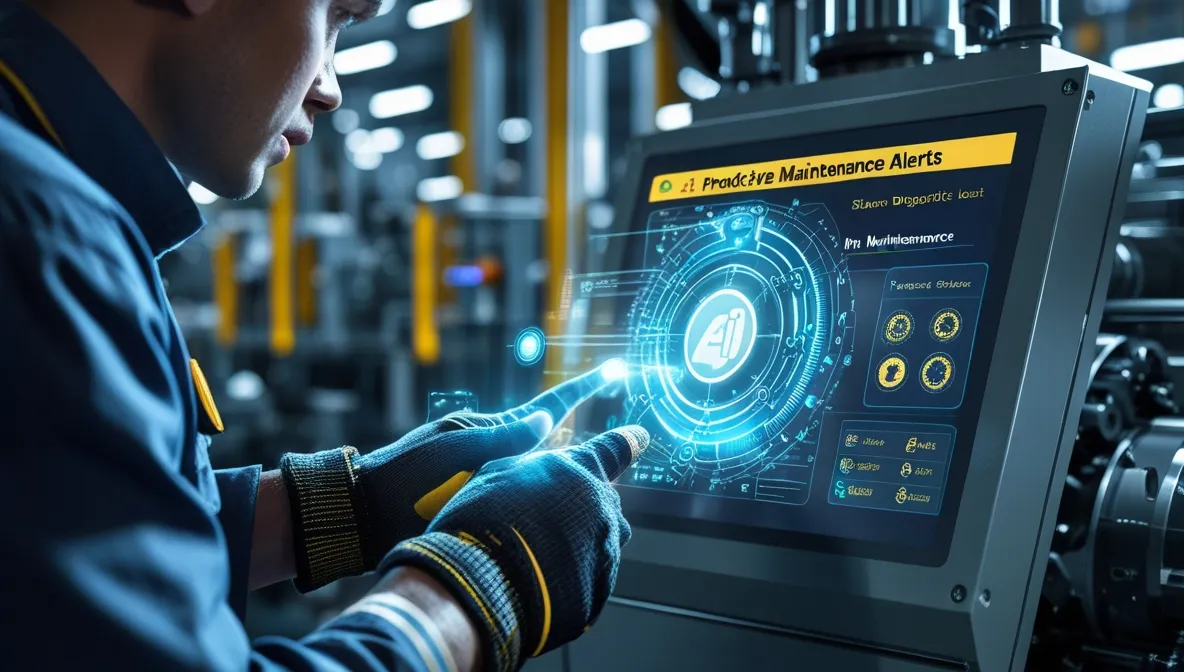
This shift arrives at a critical time. Nearly 40% of industrial facilities in Russia still require replacement of imported equipment, which accelerates the need for domestic digital and automation technologies. AI is seen as the main engine powering that transition. For manufacturers, this means higher productivity, lower defect rates, predictive maintenance, and workforce optimization.
For the broader economy, it means reduced dependence on foreign technology and faster industrial modernization under the banner of Industry 4.0.
The Ministry of Energy has already formalized this direction: by 2027, 70% of companies in the fuel-and-energy sector must incorporate AI systems into operational processes. Once these solutions are fully scaled, Russia plans to export them to BRICS and CIS partners — especially those looking for alternatives to Western industrial software.
Industry Leaders Move from Pilots to Full-Scale Deployment
Major Russian industrial corporations are no longer experimenting with AI — they are operationalizing it.
Rosatom has launched a unified digital strategy that spans computer vision, robotics, and decision-support AI. One of its showcase deployments is an automated quality-control system at the Chepetsk Mechanical Plant, already prepared for replication across the state corporation’s facilities. Rosatom’s target is full automation of routine operations and scalable AI modules across the enterprise.
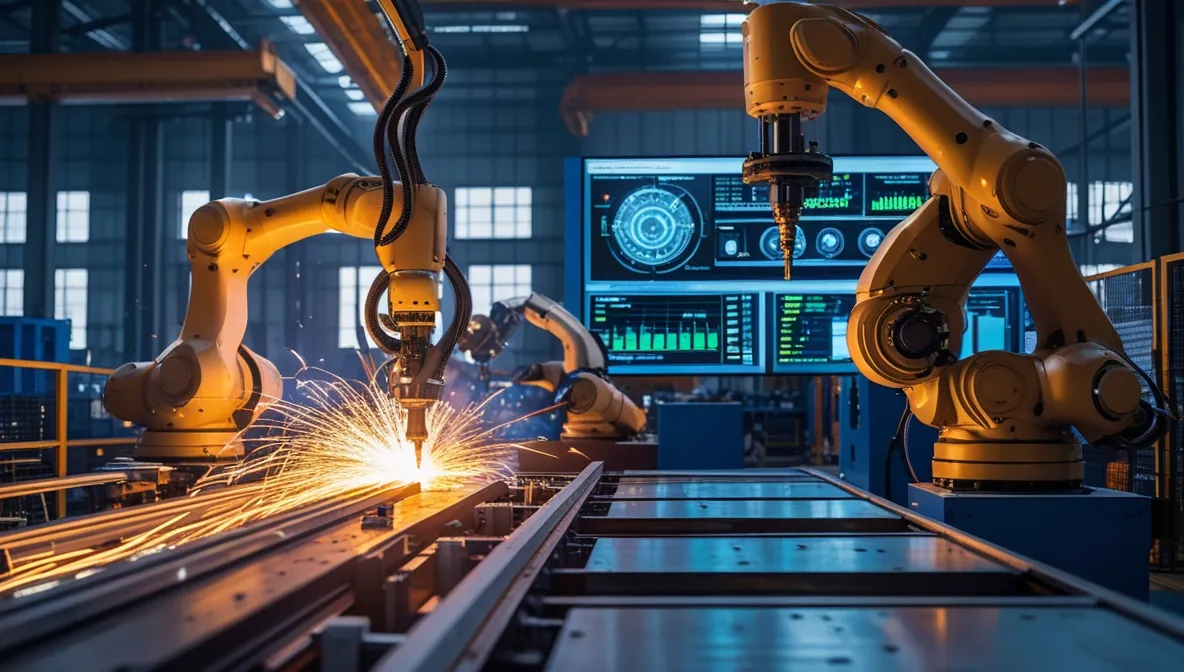
Severstal became the first metallurgical company in the country to implement neural-network-based quality control with complete product traceability. The system has already reduced defect rates and stabilized output.
Nornickel applies AI from geological exploration to smelting operations. In 2023, the company partnered with Norsotf to build a digital-twin-based emissions tracking system — part of a national import-substitution initiative.
SIBUR integrates generative AI into R&D, procurement, and engineering workflows using Russia’s GigaChat model. The company reports shorter lab cycles and accelerated polymer material development.
Gazprom Neft is building a workforce pipeline through AI-focused competitions and image-analysis projects in industrial diagnostics.
Across all cases, the top priorities are identical: predictive analytics, machine-vision quality control, resource-optimization, digital assistants for operators, and GenAI interfaces for industrial management.
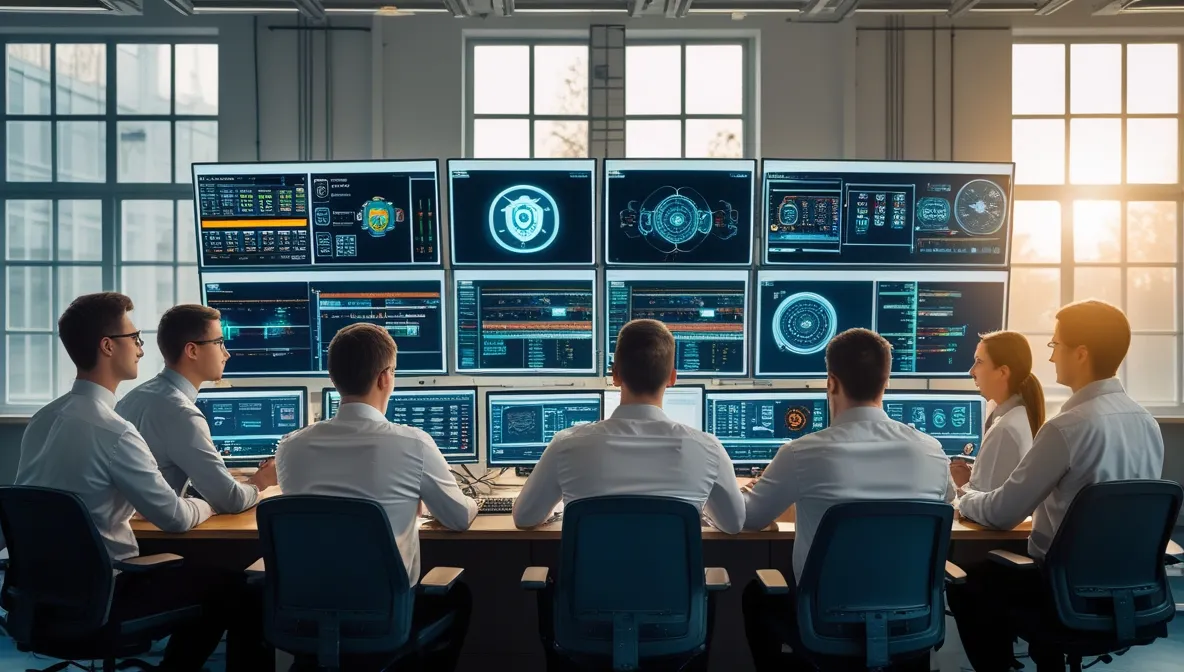
From Isolated Use Cases to Systemic Transformation
The last five years have shown clear evolution: AI has moved beyond pilot projects toward mass industrial deployment. But full-scale adoption requires an aligned ecosystem. The next phase will depend on:
· standardizing industrial AI metrics and performance benchmarks
· scaling access to high-performance computing and energy capacity
· training engineers capable of operating AI-enhanced facilities
· building national competence centers for industrial machine learning
If this momentum is sustained, Russia will enter the global AI-manufacturing race as both a practitioner and an exporter of technology — not an observer. Over the next 3–5 years, the country expects consolidation of domestic AI platforms, growth in demand for Russian silicon and data centers, and exports of industrial automation systems to friendly markets.


